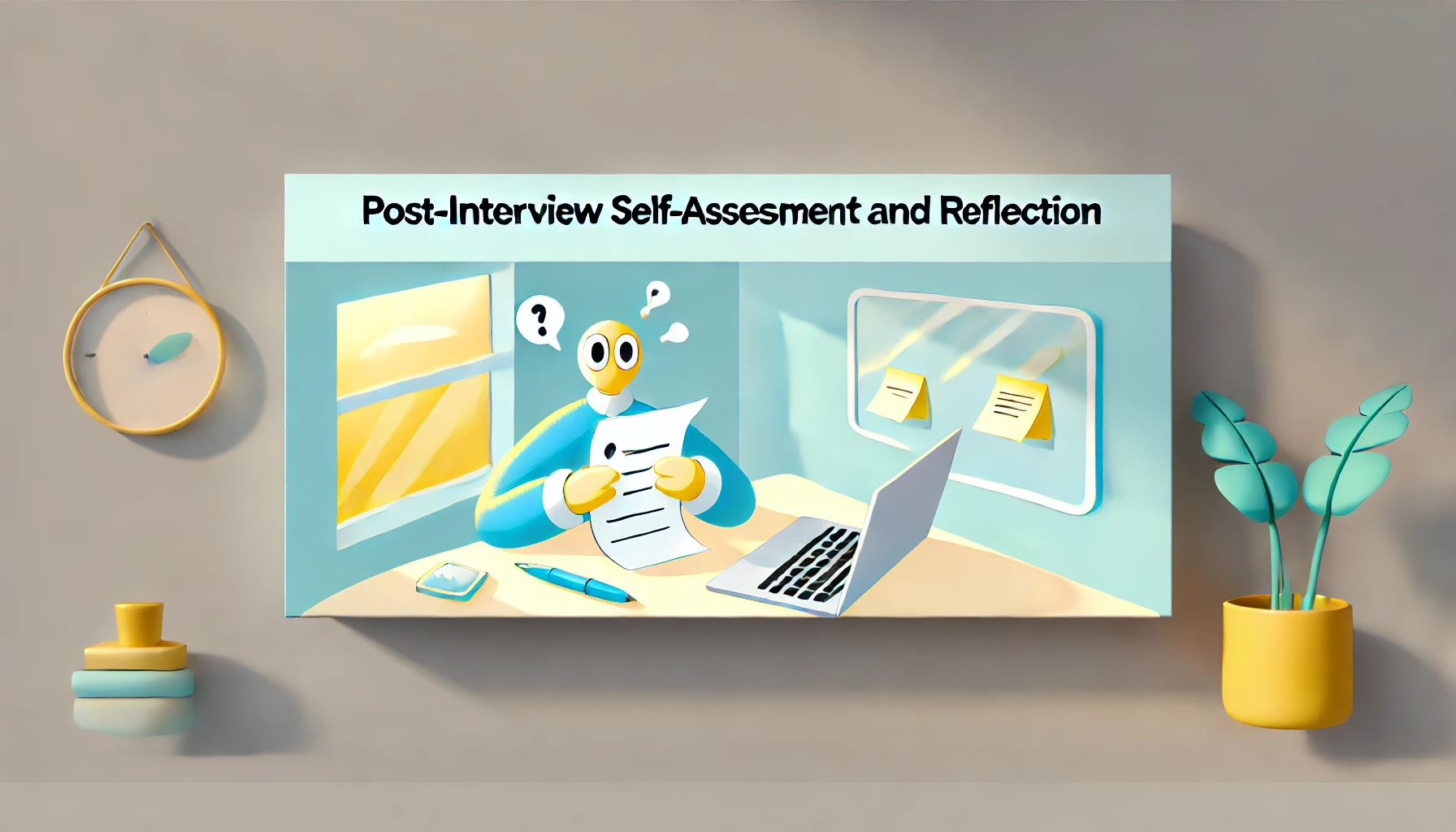The job interview is a nerve-wracking yet eagerly anticipated duel in the journey of job seeking. Many people breathe a sigh of relief once the interview is over, yet they overlook a crucial step—post-interview self-assessment and reflection. This process is not only a review of past experiences but also an investment in future growth. Here is a detailed guide to help you conduct an in-depth self-analysis and growth after an interview.
Immediate Post-Interview Review: Capturing Every Detail
Do not rush to leave immediately after the interview; instead, take a moment to review every aspect of the interview process:
- Were the interviewer’s questions unexpected?
- Was your response smooth and persuasive?
- Was your non-verbal communication consistent with your verbal expression?
The Art of Communication: Polishing in Reflection
Communication skills are key in an interview. In reflection, consider the following:
- Was your tone firm and confident?
- Did you skillfully use stories to showcase your experience and skills?
- Did your body language convey a positive and open attitude?
In-Depth Analysis: From Questions to Answers
In self-assessment, thoroughly analyze the responses to each question:
- Did you use specific examples to demonstrate your professional capabilities and achievements?
- Did you effectively seize the opportunity to showcase yourself?
- Did you provide insightful and unique perspectives in response to the interviewer’s questions?
Identifying Shortcomings: The Starting Point for Self-Improvement
Honestly identify the shortcomings in the interview; this is the first step towards self-improvement:
- Which questions did you not answer well enough?
- Were there moments when you showed nervousness or lack of confidence?
- Did you miss opportunities to demonstrate your key skills and experiences?
Seeking External Feedback: Broadening Self-Awareness
If possible, proactively seek feedback from the interviewer or recruiter. This can help you understand your performance and also:
- Let you know the first impression and evaluation of the interviewer.
- Obtain valuable suggestions and guidance for improvement.
Developing an Action Plan: From Reflection to Action
Based on the results of self-assessment, develop a practical and feasible action plan to improve your interview skills. This may include:
- Strengthening the learning and updating of industry knowledge.
- Practicing answering those tricky questions.
- Improving your non-verbal communication to be more natural and persuasive.
Maintaining a Positive Attitude: Transforming Reflection into Motivation
Post-interview self-assessment and reflection should not be a burden but a driving force for progress. Maintain a positive attitude, believing in your ability to continuously improve and grow.
Conclusion
Post-interview self-assessment and reflection is an ongoing, cyclical process. It not only helps you prepare for the next interview but also serves as an accelerator on the road to career development. Through continuous self-improvement, you will be able to present a more outstanding self in the workplace.
